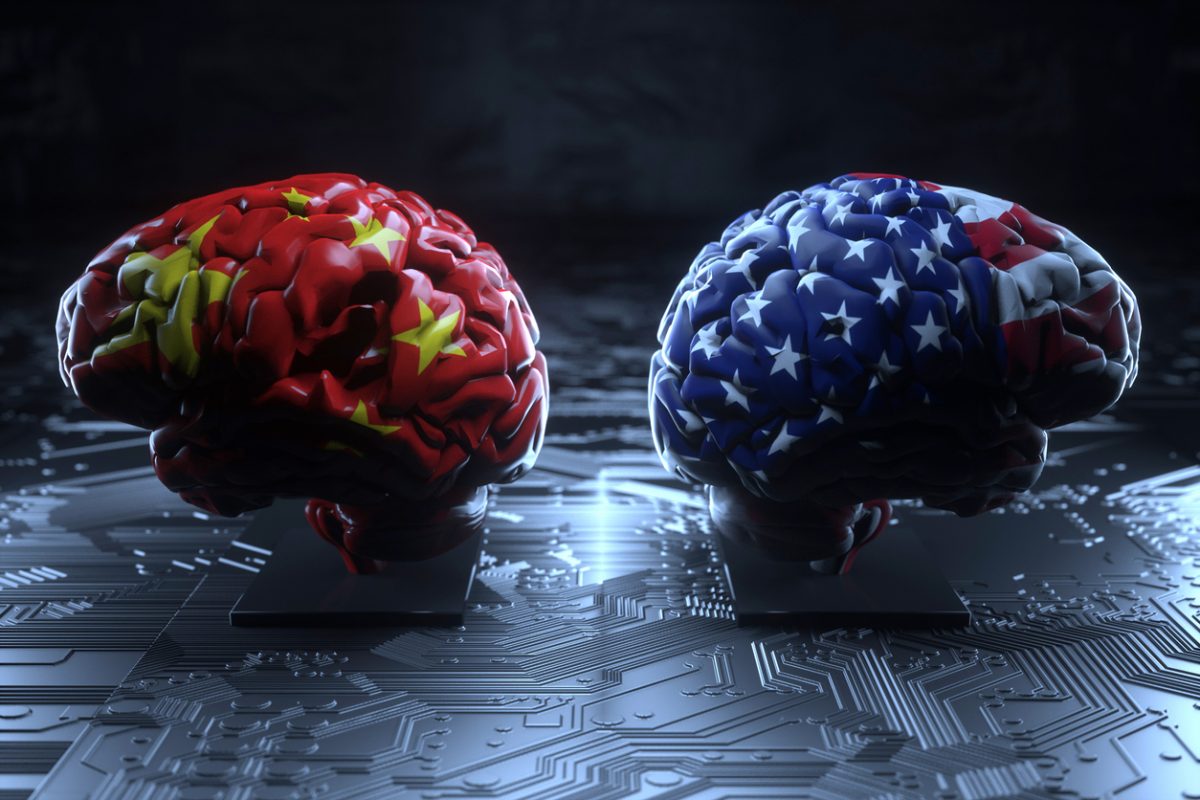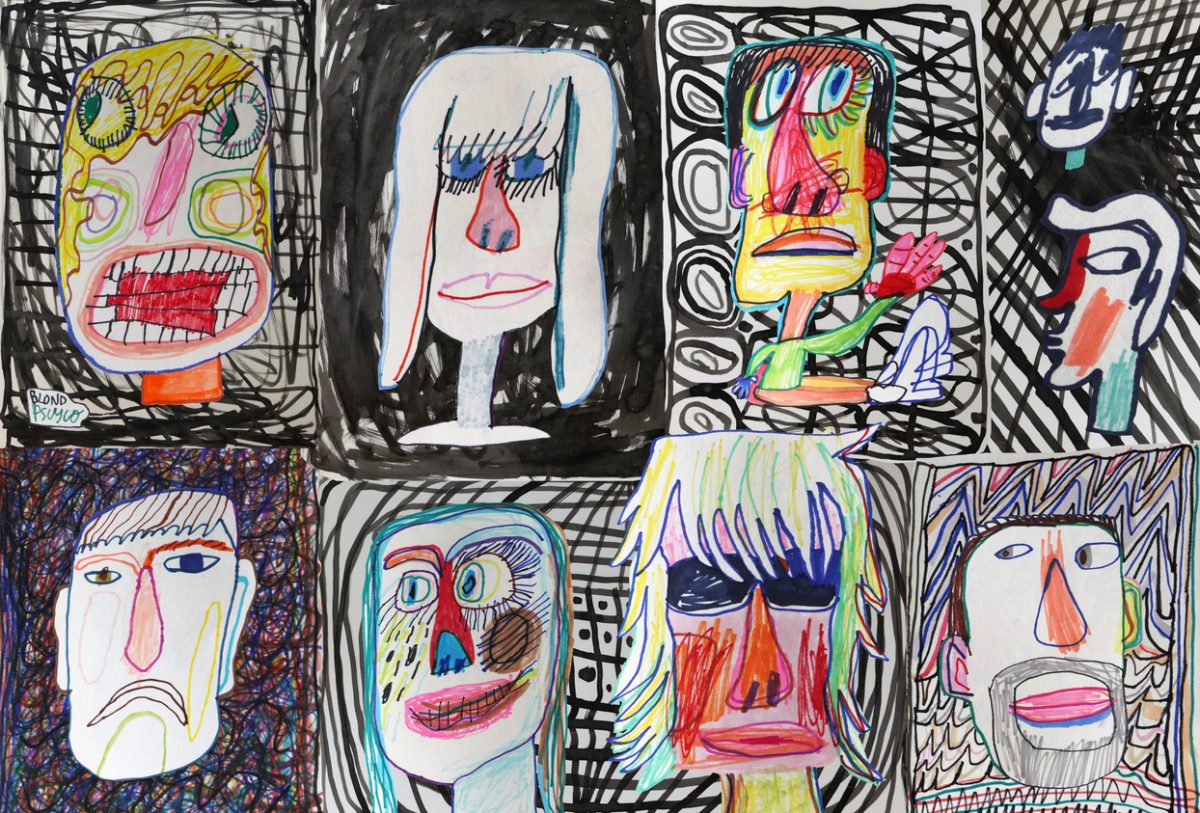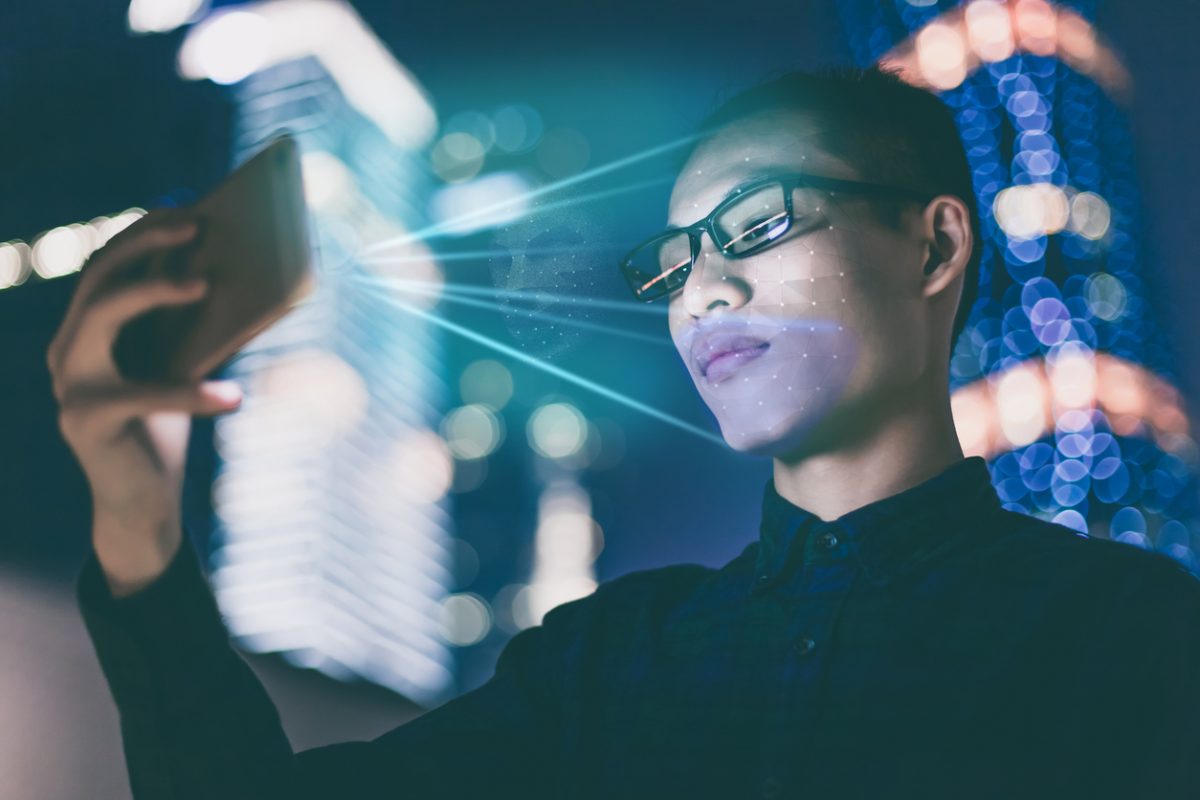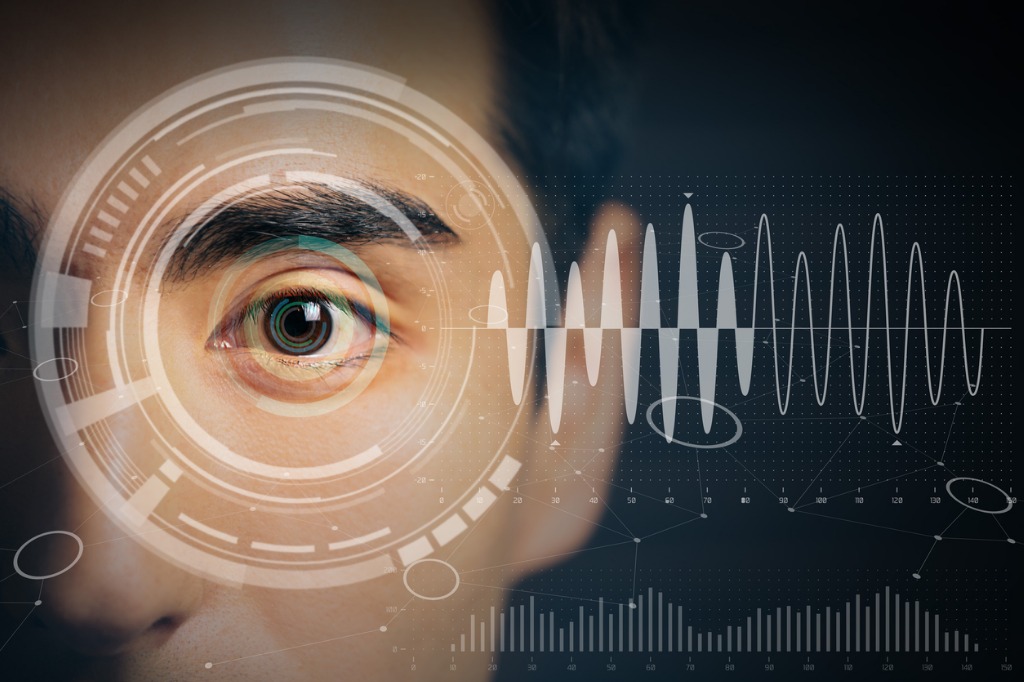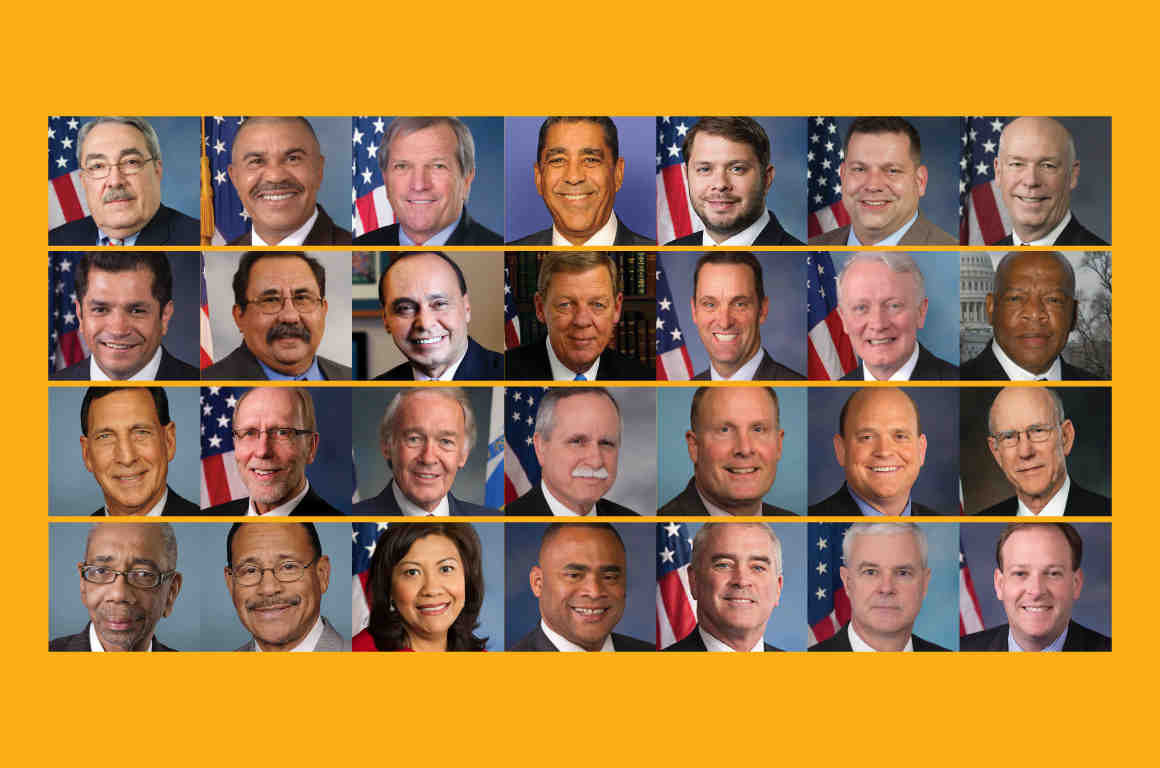US adds Chinese AI firms to ban list citing abuses against Muslims in Xinjiang
A collection of Chinese AI and facial recognition firms have been added to a US blacklist citing rights abuses against Muslims in Xinjiang.
28 Chinese firms have been added (PDF) to the “entity list” of the US government which prohibits American companies from continuing any links with them.
The US government said the firms were blacklisted for playing a role in the "implementation of China's campaign of repression, mass arbitrary detention, and high-technology...

